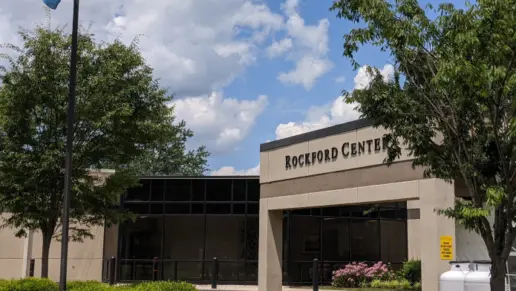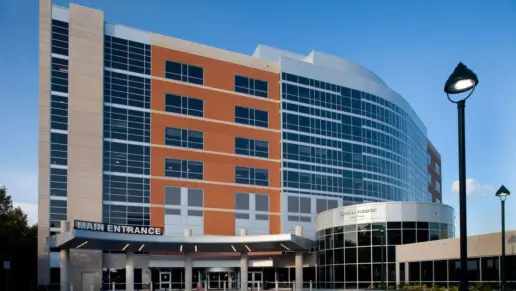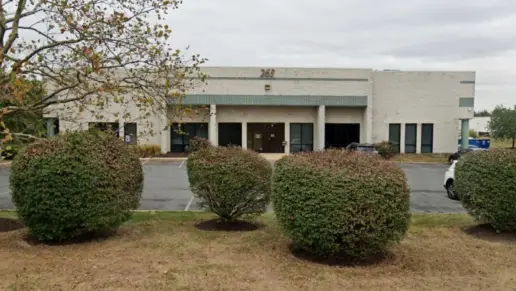Uncaring, unprofessional, they will only make you worse! My child was sent here for mental health reasons. Please just do not send your love ones here this is by far the worst inpatient facility I have ever dealt with! Do your research
About Rockford Center
Rockford Center is a behavioral health facility in Newark, Delaware. Their acute inpatient substance use treatment serves adults between 18 to 65. They also offer dual diagnosis treatment. This serves those simultaneously dealing with mental health substance use disorders.
The facility is safe, relaxing and welcoming. It is just the ideal environment for inpatient care. Each client has a semi-private room with access to an enclosed outdoor courtyard. The program involves individualized treatment planning. This tailors recovery to your unique needs. They mainly focus on clients affected by alcoholism and opioid use disorders.
The core service is medical detox using proven techniques like medication assisted treatment. Detox involves assessment, stabilization and round the clock supervision by trained physicians. These experts may also offer medication assisted treatment if that’s part of your individualized treatment plan. This technique combines FDA approved medicine and counseling to treat opioid use disorders. Medicines like buprenorphine are used to minimize withdrawal symptoms and curb cravings. That way you can undergo group, individual and family therapy safely.
Therapy helps you to uncover the root causes of your opioid use, develop relevant coping mechanisms and build self esteem. You’ll also learn how to maintain healthy relationships in your home and social lives. They also offer expressive therapies like art, music and movement sessions.
This fosters ‘whole person’ healing that addresses the physical, emotional and spiritual aspects of addiction. You’ll also participate in daily psychoeducation sessions to learn about addiction, mental health and the potential recovery pathways. Other program components are psychosocial assessments, psychological testing as well as psychiatric evaluation and medication stabilization.
Their dual diagnosis treatment combines the 12 step approach with addiction education, relapse prevention and stress management strategy. This program component is not very different from the substance use disorder treatment. However, the therapy sessions are typically overseen by experts in co-occurring treatment.
Much emphasis is also placed on family as they relate to relapse and recovery. All the programs involve personalized discharge planning and aftercare support. This may include referral to their outpatient care or peer support group for continuous recovery. They may also connect you to community resources like housing, employment and educational programs.
Facility Overview
Latest Reviews
Rehab Score
Gallery
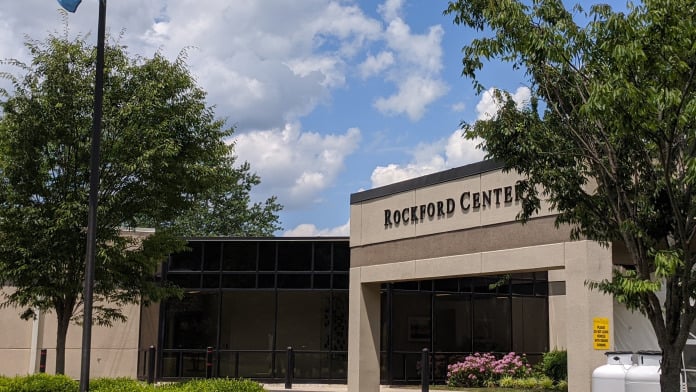
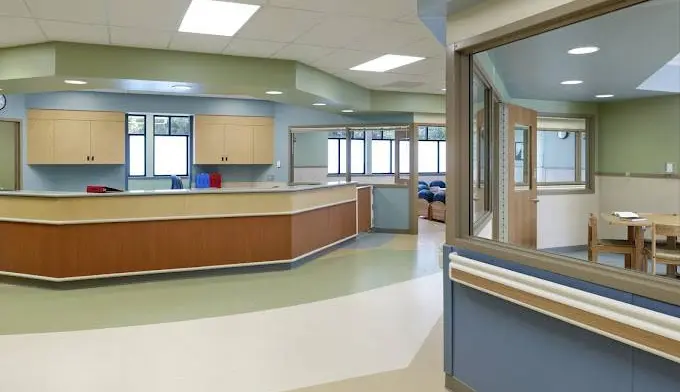
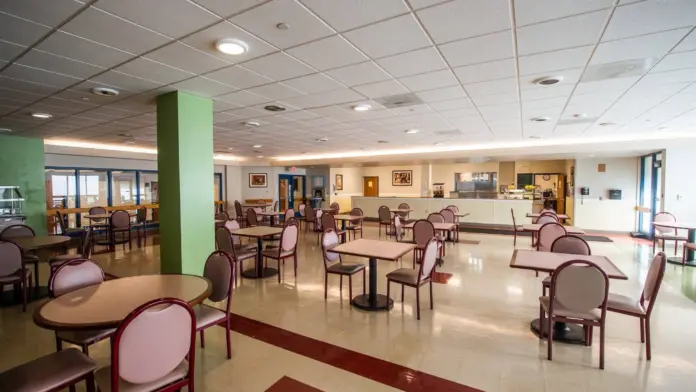
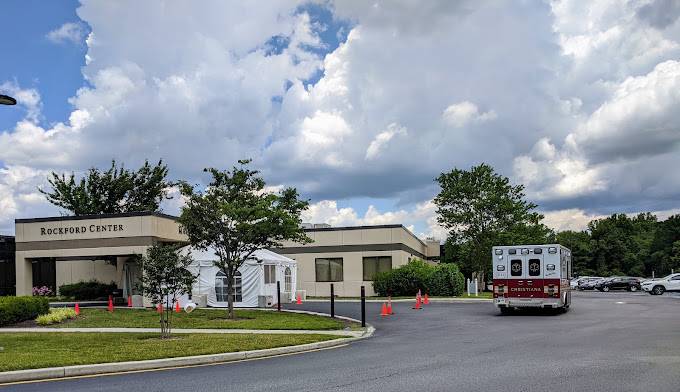
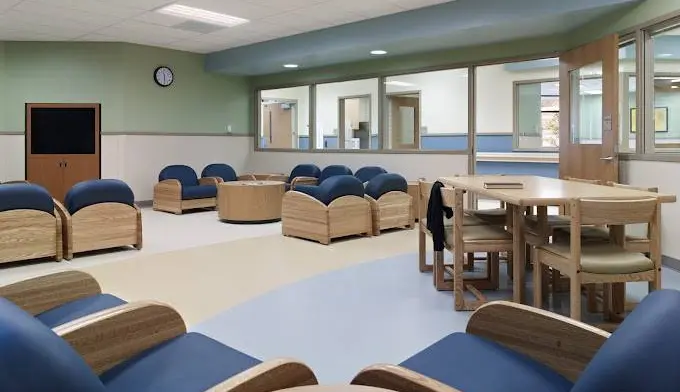
Location
Other Forms of Payment
Private insurance refers to any kind of healthcare coverage that isn't from the state or federal government. This includes individual and family plans offered by an employer or purchased from the Insurance Marketplace. Every plan will have different requirements and out of pocket costs so be sure to get the full details before you start treatment.
Self-pay involves paying for treatment out of your own pocket. You can use savings or credit, get a personal loan, or receive help from family and friends to fund your treatment. If you don't have insurance or your insurance plan doesn't cover a specific program, self-pay can help ensure you still get the care you need.
Financial aid can take many forms. Centers may have grants or scholarships available to clients who meet eligibility requirements. Programs that receive SAMHSA grants may have financial aid available for those who need treatment as well. Grants and scholarships can help you pai for treatment without having to repay.
Medicare is a federal program that provides health insurance for those 65 and older. It also serves people under 65 with chronic and disabling health challenges. To use Medicare for addiction treatment you need to find a program that accepts Medicare and is in network with your plan. Out of pocket costs and preauthorization requirements vary, so always check with your provider.
Medicaid is a state based program that helps lower-income individuals and families pay for healthcare. Medicaid covers addiction treatment so those enrolled can use their coverage to pay for rehab. When a program accepts Medicaid the client often pays very little or nothing out of their own pocket.
Military members, veterans, and eligible dependents have access to specific insurance programs that help them get the care they need. TRICARE and VA insurance can help you access low cost or no cost addiction and mental health treatment. Programs that accept military insurance often have targeted treatment focused on the unique challenges military members, veterans, and their families face.
Addiction Treatments
Levels of Care
Treatments
Many of those suffering from addiction also suffer from mental or emotional illnesses like schizophrenia, bipolar disorder, depression, or anxiety disorders. Rehab and other substance abuse facilities treating those with a dual diagnosis or co-occurring disorder administer psychiatric treatment to address the person's mental health issue in addition to drug and alcohol rehabilitation.
Mental health rehabs focus on helping individuals recover from mental illnesses like bipolar disorder, clinical depression, anxiety disorders, schizophrenia, and more. Mental health professionals at these facilities are trained to understand and treat mental health issues, both in individual and group settings.
Programs



Clinical Services
Cognitive Behavioral Therapy (CBT) is a therapy modality that focuses on the relationship between one's thoughts, feelings, and behaviors. It is used to establish and allow for healthy responses to thoughts and feelings (instead of unhealthy responses, like using drugs or alcohol). CBT has been proven effective for recovering addicts of all kinds, and is used to strengthen a patient's own self-awareness and ability to self-regulate. CBT allows individuals to monitor their own emotional state, become more adept at communicating with others, and manage stress without needing to engage in substance abuse.
Group therapy is any therapeutic work that happens in a group (not one-on-one). There are a number of different group therapy modalities, including support groups, experiential therapy, psycho-education, and more. Group therapy involves treatment as well as processing interaction between group members.
In individual therapy, a patient meets one-on-one with a trained psychologist or counselor. Therapy is a pivotal part of effective substance abuse treatment, as it often covers root causes of addiction, including challenges faced by the patient in their social, family, and work/school life.
Trauma therapy addresses traumatic incidents from a client's past that are likely affecting their present-day experience. Trauma is often one of the primary triggers and potential causes of addiction, and can stem from child sexual abuse, domestic violence, having a parent with a mental illness, losing one or both parents at a young age, teenage or adult sexual assault, or any number of other factors. The purpose of trauma therapy is to allow a patient to process trauma and move through and past it, with the help of trained and compassionate mental health professionals.
Research clearly demonstrates that recovery is far more successful and sustainable when loved ones like family members participate in rehab and substance abuse treatment. Genetic factors may be at play when it comes to drug and alcohol addiction, as well as mental health issues. Family dynamics often play a critical role in addiction triggers, and if properly educated, family members can be a strong source of support when it comes to rehabilitation.
Life skills trainings involve all the skills a person must have in order to function successfully in the world. These include time management, career guidance, money management, and effective communication. Truly successful addiction recovery is based on the ability to not only live substance-free, but to thrive. Life skills teaches the practical necessities of functioning in society, which sets clients up for success in life, and therefore sobriety.
Nutrition therapy, aka medical nutrition therapy (MNT), is a way of treating physical, emotional, and medical conditions through diet. Specific dietary plans are designed by professional nutritionists or registered dietitians, and patients follow them in order to positively affect their physical and mental health.
Amenities
-
Residential Setting
-
Private Rooms
Staff & Accreditations
Staff

Medical Director
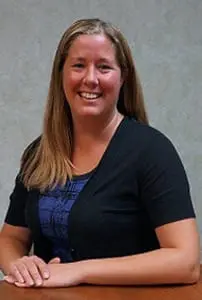
COO
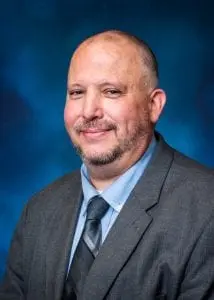
Director of Risk Assessment & Quality Assurance

Director Business Development
Accreditations

State Licenses are permits issued by government agencies that allow rehab organizations to conduct business legally within a certain geographical area. Typically, the kind of program a rehab facility offers, along with its physical location, determines which licenses are required to operate legally.
State License: Delaware

The Joint Commission, formerly known as JCAHO, is a nonprofit organization that accredits rehab organizations and programs. Founded in 1951, the Joint Commision's mission is to improve the quality of patient care and demonstrating the quality of patient care.
Joint Commission Accreditation: Yes
Contact Information
100 Rockford Drive
Newark DE, 19713
